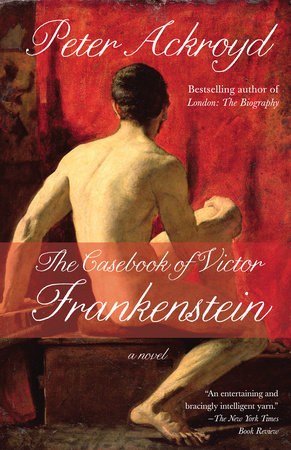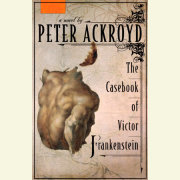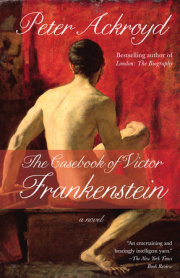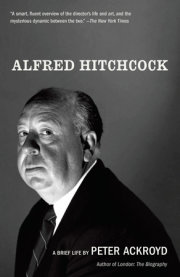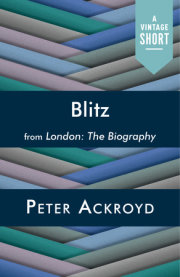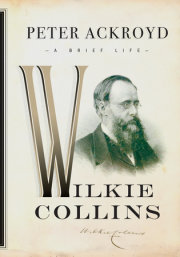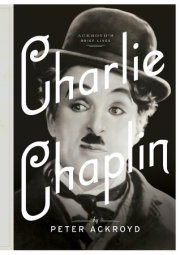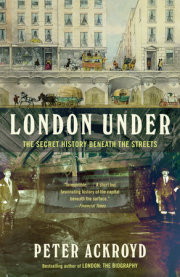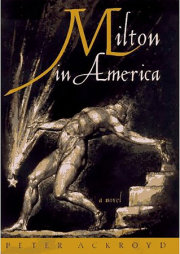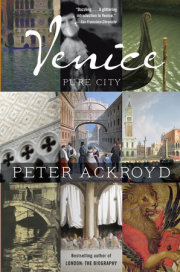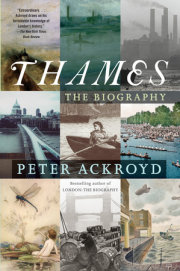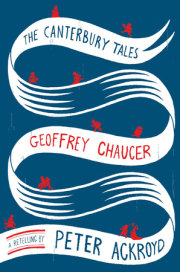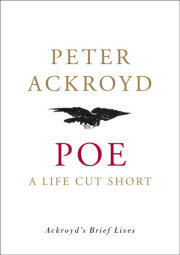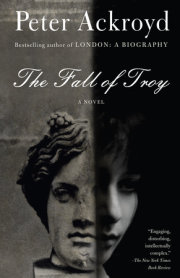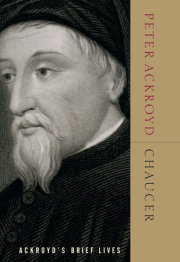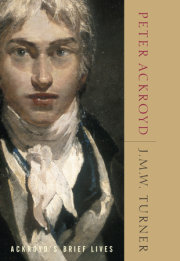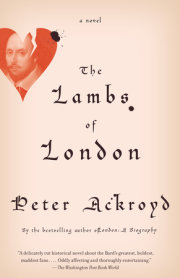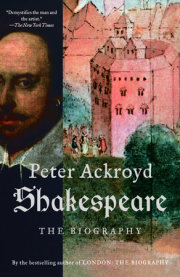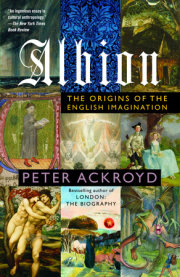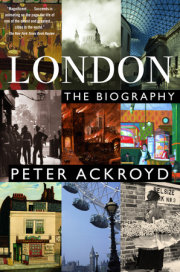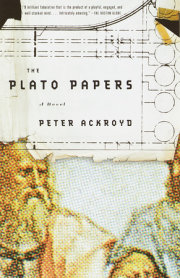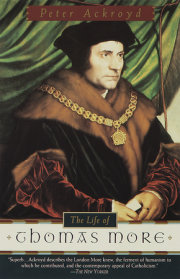One
I was born in the alpine region of Switzerland, my father owning much territory between Geneva and the village of Chamonix where my family resided. My earliest memories are of those glistening peaks, and I believe that my spirit of daring and ambition was bred directly from the vision of altitudes. I felt the power and grandeur of nature there. The ravines and the precipices, the smoking waterfalls and the raging torrents, had always the effect of sanctifying my life until one white and shining morning I felt compelled to cry out to the Maker of the Universe, "God of the mountains and the glaciers, preserve me! I see, and feel, the solitude of your spirit among the ice and snow!" As if in response to my voice I heard the cracking of the ice and thunder of an avalanche, on a distant peak, louder than the bells of the cathedral St. Pierre in the narrow streets of old Geneva.
I exulted in storms. Nothing entranced me more than the roaring of the wind among the upright masses of rock, the crags and caverns of my native region; when the wind swept away the smoking mists, the woods of pine and oak were filled with its music. The clouds there seemed to haunt the upper air, wishing to touch the source of such beauty. In these moments my individual nature ebbed away. I felt as if I were dissolved into the surrounding universe, or as if that universe were absorbed into my being. Like the infant in the womb I was conscious of no distinction. It is the state that the poets wish to achieve, when all the manifestations of the world become "blossoms upon one tree." Yet I had been blessed by the poetry of nature itself.
So in my earliest years my soul overflowed with ardent affections, and my wild and enthusiastic imagination was chastened only by my inclination towards study and mental industry. How I loved to learn! I imbibed knowledge as a sapling takes in water, never ceasing to grow upwards. The worst of my faults even then was ambition. I wished to know everything about the world and the great universe. Why was I born if not to learn? I dreamed of distant stars. In my imagination (and even then I believe that I understood the true meaning of that word) I saw beneath the crust the glowing core which caused the mountains all around me. I, Victor Frankenstein, would solve its mysteries! I would examine the beetle and the butterfly in my earnest wish to learn the secrets of nature. Desire and delight--as those secrets were unfolded to me--are among the earliest sensations I can remember. My father purchased for me a microscope through which I observed with indescribable interest the hidden existence of the world. Who does not wish to study the unseen and the unknown? The force instilled within the most minute organisms, making them move and meet, filled me with wonder.
* * *
After my schooling in Geneva, on the Calvinist pattern of industrious and patient study, my father sent me to the renowned university of Ingolstadt where I began my first enquiries into natural philosophy. Even then, I believe, I knew that I would carve my passage to greatness. Yet I had always wished to visit England, where the latest experiments in natural science were being performed by galvanists and biologists. It was a place of practical learning. My father did not believe that country to be favourable to the education of my morals, however, but after many earnest entreaties and urgent letters from Ingolstadt he finally relented. He gave me permission to enter the university of Oxford, in my eighteenth year, after many warnings on the laxity of English youth. I promised him that neither my virtue nor my character would be tainted in any respect. I spoke too soon.
It was at Oxford that I first met Bysshe. We both arrived at our college on the same day; confusing to a mere foreigner, it is called University College. My rooms were in the south-west corner of the courtyard known as the quad, and those of Bysshe were on the next staircase. I had seen him from my window and had been much struck by his long auburn locks, at a time when the style of hair was short. I am referring now to the very early years of this century. He had a rapid manner of walking, with long strides, but this was combined with a curious hesitancy as if he were not entirely sure of the destin_ation he was pursuing with such ardour; he would sway slightly, guided by the wind. I saw him each morning in chapel, but we did not speak until we sat together during one of the lamentable dinners in hall. My impression of English cooking was much like my father's view of English morals.
Bysshe was beside me, and I heard him speak approvingly to a companion about a Gothic tale written some years previously, The Fatal Ring by Isaac Crookenden.
"Oh, no," I said. "You must read the novels of Eisner for pure sensation."
Of course he noticed my accent at once. "You admire the German tales of terror?"
"I do. But I am not a German. I am by birth a Genevese."
"The nurse of liberty! Of Rousseau and Voltaire! Why, sir, have you come here to the home of tyranny and oppression?" I had not heard such sentiments before, having been accustomed to think of England as the source of political freedoms, and Bysshe laughed at my expression of surprise. "You have not lived among us for long, I take it?"
"I arrived last week. But I believed that the liberties of the people--"
He put his hands up to his ears. "I did not hear that. Take care. You will be accused of sedition. Of blasphemy. How much do you think that fine body of yours is worth?"
"I beg your pardon?"
"According to government, it is worth nothing. It can be removed with no apology and no explanation. We have repealed habeas corpus, you see." I was quite at a loss to understand him, but then immediately he changed the subject of conversation. "Have you read The Buried Monk by Canaris? Now there is a tale of diablerie!" I had read the book a month previously and, to my astonishment, Bysshe began to quote extempore the entire first paragraph beginning, "There was never a peaceful hour in the monastery that, to the simple inhabitants of the region, was known as the place of echoes." He would have continued but his companion at dinner, whom I afterwards ascertained to be Thomas Hogg, begged him to stop.
"Why do you call it government?" Hogg asked him.
"Why ever not?"
"Should it not be 'the government'?"
"No. Government is more powerful and more insidious. Government is some abstract and overwhelming force. Government is absolute. Do you not agree, minister from Geneva?"
Bysshe looked at me, keenly and curiously, and I replied as best I could. "If I were a minister, I would tell you that God differs from the god."
He laughed out loud. "Bravo! We will be friends. Permit me to introduce you to Shelley." He placed his hands upon his chest, and bowed. "And Hogg."
"My name is Victor Frankenstein."
"A fine name. Victor is Roman, is it not? Victor ludorum and such like."
"It is an old name in my family."
"Frankenstein is more perplexing. You are not an Israelite, since you attend chapel." I had not expected him to notice me there. "A stein is a jar for holding beer, I believe. Perhaps your ancestors were connected with the Frankish court in the honourable occupation of potters. You come from a family of makers, my dear Frankenstein. Your name is worthy of acclaim." By this time we had got up from the long table, and were walking back through the quad. "I have wine," Bysshe said. "Come and join us."
As soon as I entered his rooms, I knew that I was in the abode of an ardent spirit: on the floor, on the carpet, on the desk, on every available surface, lay a scattered profusion of objects of every description. There were papers, books, prints, and boxes innumerable with stockings, boots, shirts and other linen crammed among them. I observed that the carpet had already been stained and scorched in several places, which instinctively I ascribed to scientific experiment. He noticed my glance, and laughed. He had an immoderate laugh. "Sal ammoniac," he said. "Come and see my laboratory."
I followed him into the next room, where a narrow bed was lodged in a corner. He had set up a bench, upon which he had placed an electrical machine that I took to be a voltaic battery. Beside it was a solar microscope as well as several large glass jars and phials. "You are an experimenter," I said.
"Of course. And so should be every inquirer after knowledge. We do not need to read Aristotle. We need to look into the world."
"I also have a solar microscope."
"Do you? Did you hear that, Hogg?"
"I have been studying the corpuscles of life."
"And where have you found them?"
"In the water of the glaciers. In my own blood. The world is full of energy."
"Bravo!" He had become very eager, and he took my shoulders in a tight grasp. "There is another place where you will find life. In the storm!" I thought that he was about to embrace me, but he released me from his grip. I recognised later that he was curiously, almost unnaturally, sensitive to the very thoughts that passed through my mind. With some people there is no need whatsoever for words. Seeing a slight tremor in my eyes, he would always look away.
"Have you noticed the voltaic battery?" he asked me now. "It recreates the lightning flash. I have been like Isaac Newton. Staring into the light."
Bysshe was openly contemptuous of the regimen of the university, and attended no lectures. I was unsure, in fact, what studies he was meant to be pursuing. To him they did not matter in the slightest. There was one task that we were assigned by rote, that of translating each week an essay from the Spectator into Latin. This he accomplished with the greatest ease, and indeed he could write Latin with as much facility and fluency as he wrote English. He told me that the secret was to imagine himself a Roman orator in the first years of the Republic. This inspired him with such fervour that the words came naturally to him in their proper order. I did not doubt it. His imagination was like the voltaic battery from which lightning issued forth.
We would take long walks in the country outside Oxford, often following the Thames upward past Binsey and Godstow, or downstream to Iffley and its curious twelfth-century church. Bysshe loved the river with a passion I have seldom seen equalled, and would extol its merits over the languid Nile and the turbid Rhine. I had thought him all fire, but there were other elements in his constitution--fluent, pliant, fertile, like the water around us. On these expeditions he would often declaim to me the poetry of Coleridge on the powers of the imagination. "The poet dreams of that which the scientist deems to be impossible," he told me. "Once it is envisaged, then it is made true." He knelt down to examine a small flower, the name of which I did not know. "It is magnificent to aspire beyond the common reach of man."
"In what endeavour?"
"Who knows? Who can tell? The great poets of the past were philosophers or alchemists. Or magicians. They cast off the vesture of the body, and in their pursuits, became pure spirit. Do you know of Paracelsus and Albertus Magnus?" I noted them as worthy of study. "We must make a pilgrimage, you and I, to Folly Bridge and worship at the shrine of Roger Bacon. There is a house there said to be his laboratory. Do you know the legend? If a man wiser than Friar Bacon ever walks beside it, then it will collapse and fall. In this city of dunces, it has already stood for six hundred years. Shall we test it? We will walk over the bridge in turn, and see which one of us performs the miracle."
"It was Bacon who created the talking head, was it not?"
"Yes. The head that spoke and said, 'Time is.' Except that it spoke in Latin. It had studied the classical authors. That may account for the spirit of animation."
"But how did the lips move?"
I would put questions to Bysshe, simply to delight in the extravagance of his answers. I am quite convinced that he invented as he talked, but that did not dispel the enchantment. Indeed it contributed to it. I followed his meaning as if it were a firefly glowing in the darkness.
He would often talk to himself, in a low muttered voice. It seemed to be some form of communication with his inward being, but there were some of course who questioned his sanity. "Mad Shelley" was the epithet often used against him. I never saw any sign of madness, unless it be insanity to possess a highly charged and sensitive spirit alert to every delicate change in the atmosphere around him. His eyes would often fill with tears, when his feelings were touched by some generous gesture or by the story of another's misfortune. In that respect, at least, he did not have a common sensibility. He had the temperament of a Rousseau or of a Werther.
* * *
In those days I was more than ever intent upon exploring the secrets of nature, and I gave myself up to the study of the source where life began. Bysshe and I would argue into the night over the respective merits of the Italians Galvani and Volta. He favoured the animal electricity of Signor Galvani, while I was deeply excited by the success of the voltaic plates.
"Do you not see," I told him one winter evening, "that the electrical battery is a new engine of immense promise?"
"My dear Victor, Galvani has proved that there is electricity in the world around us. Nature is electricity itself. By the simple expedient of a metallic thread, he has brought life back into a frog. Why could he not achieve the same with the human frame?"
"I have not thought of it." I went over to the window, and looked out at the snow falling onto the quad.
Bysshe was lying on the sofa, and I heard him murmuring to himself some lines of poetry:
"Happy is he who lives to understand
Not human nature only, but explores
All natures, to the end that he may find
The law that governs each."
Copyright © 2009 by Peter Ackroyd. All rights reserved. No part of this excerpt may be reproduced or reprinted without permission in writing from the publisher.

